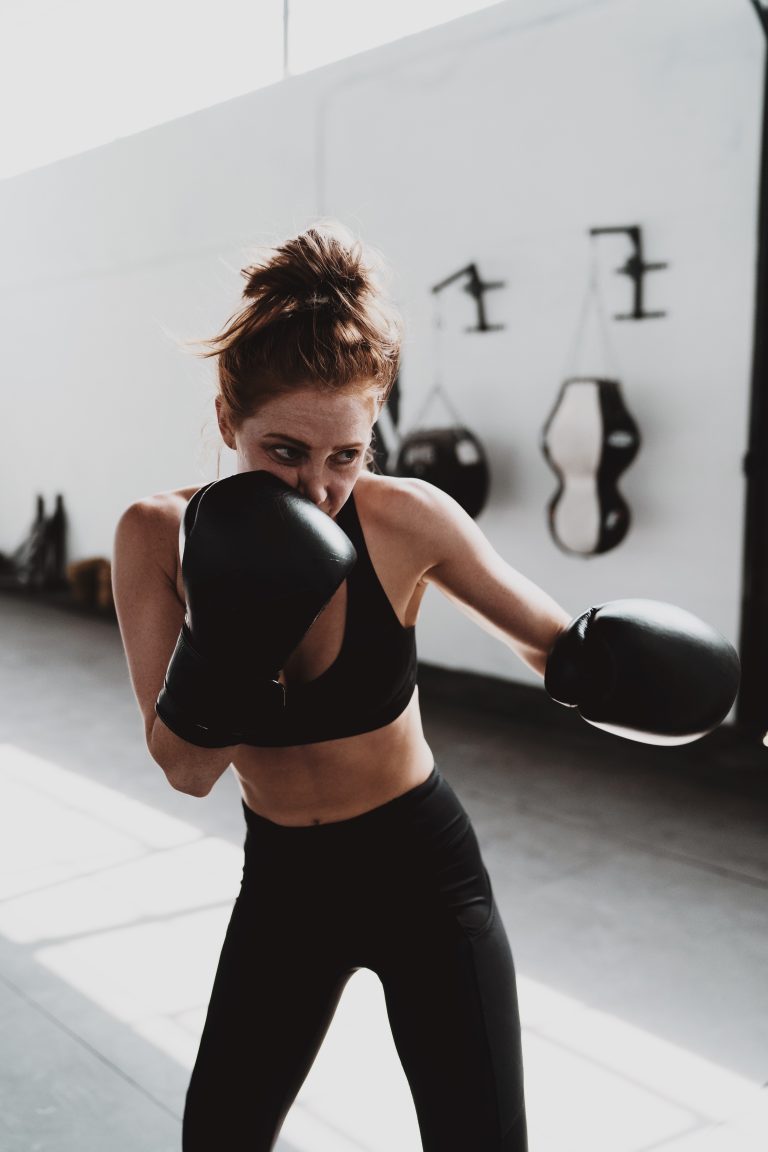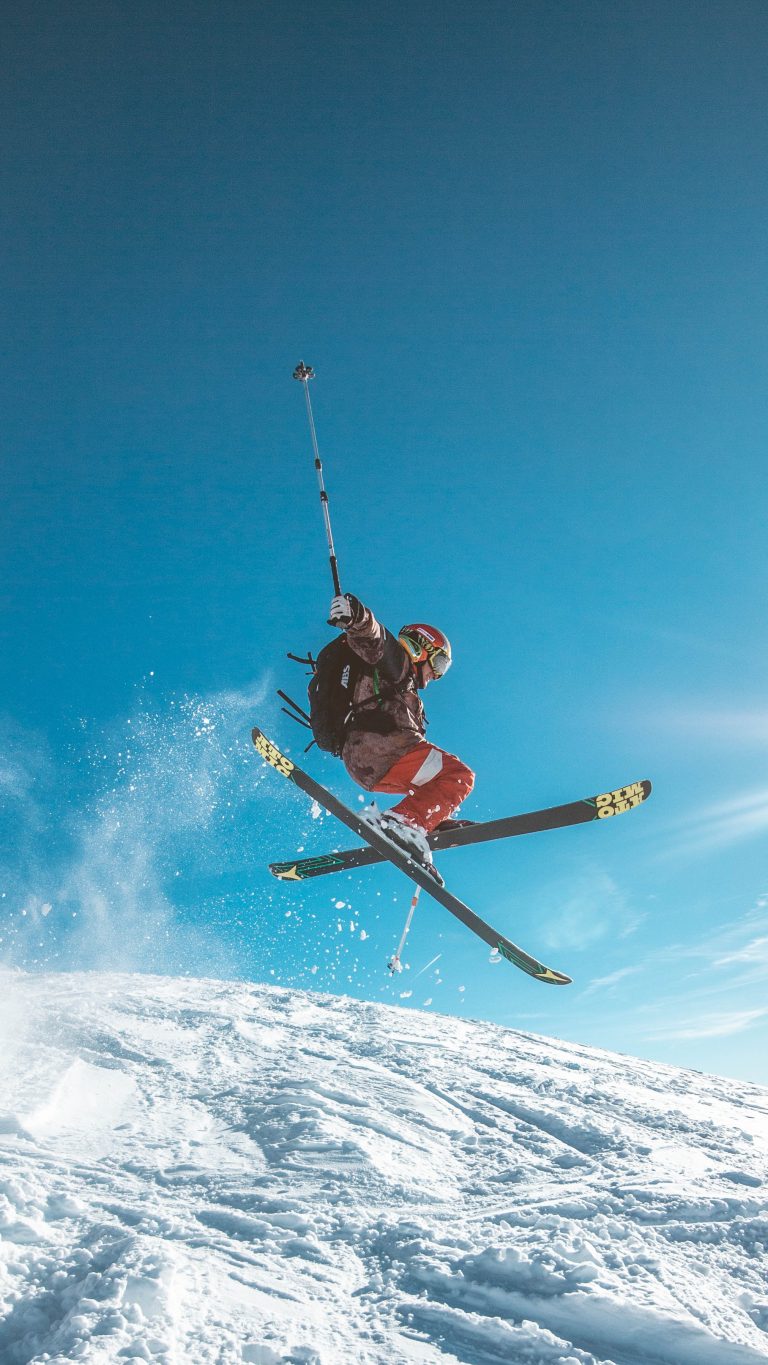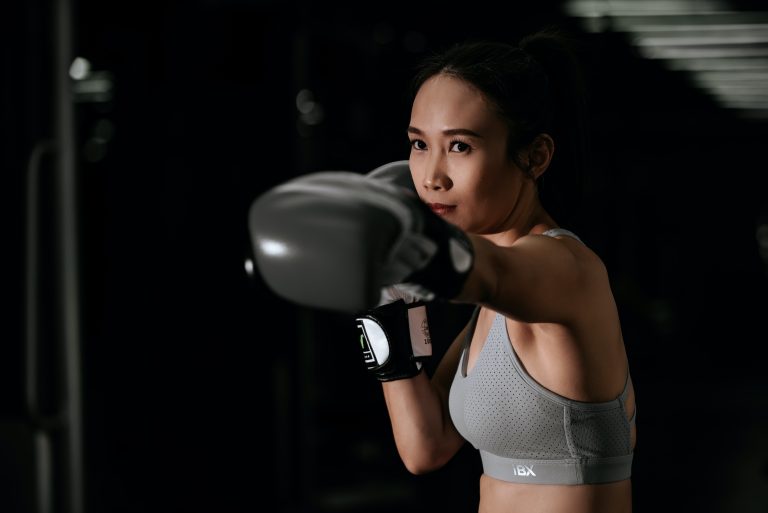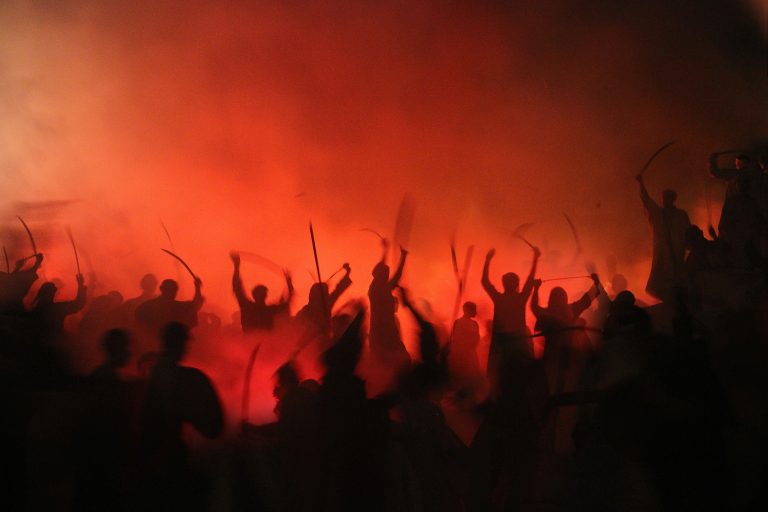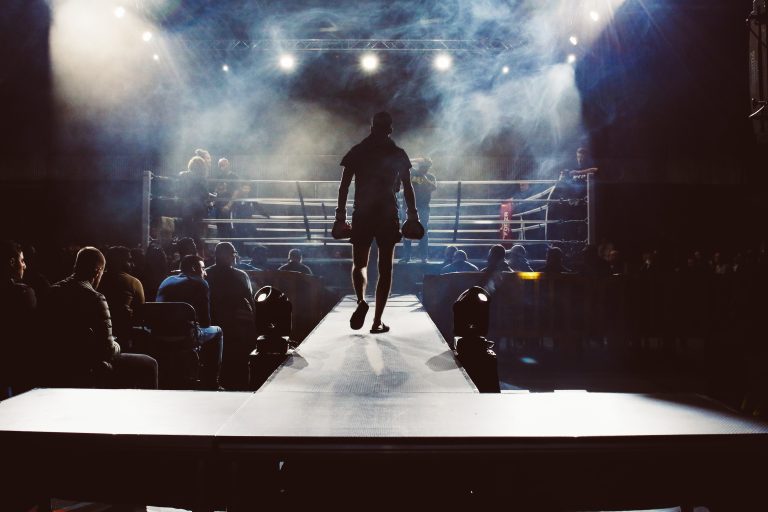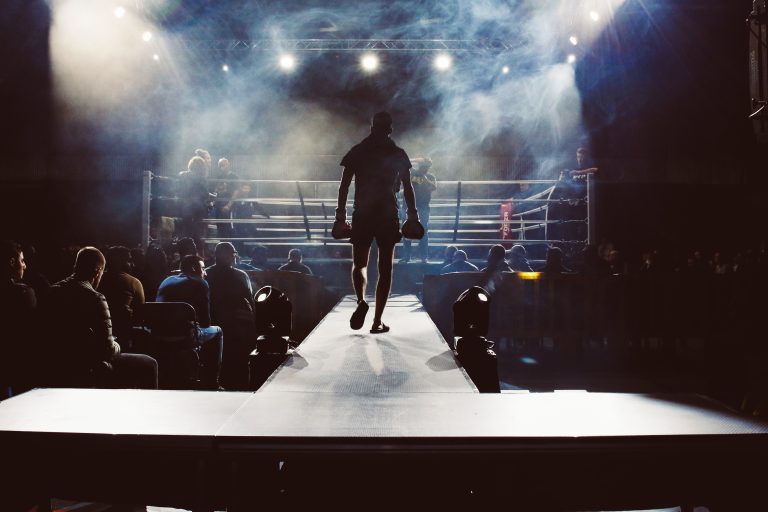Is Karate Expensive?
Karate is a martial art that has a rich history and has gained global recognition. Although karate is not solely about fighting, many people who train and practice it are concerned about its cost. In this post, we’ll explore the question of whether or not karate is an expensive activity.
The Cost of Training
The cost of karate training varies significantly depending on several factors. The primary factor that impacts the cost of training is the location of the dojo (a place where the martial arts are practiced) or the martial arts school. The cost of living in a particular area has a direct impact on how much the dojo or school will charge.
The amount of time training that one undertakes per week also affects the cost. The more classes taken, the more expensive it will be. Private lessons with an instructor are usually more costly than training with a few other students.
The style of martial arts that one trains in can also affect the cost. Karate, like other martial arts, has several different styles of training. Some styles incorporate more weapons than others, which may be more expensive when it comes to purchasing equipment.
The Cost of Equipment
Equipment is a significant component in martial arts, and karate is no exception. The type of equipment needed for karate will depend on the style of karate that one is training in. Some styles utilize weapons such as nunchaku, bo staffs, and sai, which must be purchased for personal training.
For traditional training, one may only need a karate gi, belt, and protective gear such as shin guards and a mouthguard. However, if one decides to compete in tournaments, they may require more specialized equipment, such as gloves and headgear, which can be costly.
Additional Costs
Participation in tournaments is an additional cost that one may incur during their karate training. Competing in tournaments can be expensive, including the fees involved, travel expenses, and accommodation.
Some dojos or schools charge additional fees to attend workshops or seminars hosted by guest instructors or coaches. These workshops or seminars are usually held on weekends, which may require a significant amount of time and incur additional expenses.
The Average Cost of Karate
Overall, it is difficult to pin an exact price tag on karate as the cost varies. The average cost of karate classes per month can range from $80 to $150 per month in the United States. If one is interested in competing or attending seminars, added fees will apply.
Is Karate Worth the Cost?
The cost of training in karate varies depending on several factors, including the dojo or school location, training hours, and equipment requirements. However, many people believe that the benefits far outweigh the costs.
Karate is more than just a physical activity; it is a way of life that instills discipline, self-control, and respect for others. It can help with stress management, improving physical fitness, and mental agility. Karate training may also provide an excellent opportunity to meet new people and form lasting friendships.
Is Karate Expensive?
Introduction
Karate is a popular martial art that is practiced all over the world, and it is known for its focus on self-defense and personal development. However, one of the most frequently asked questions about karate is whether it is expensive or not. This article will explore this topic in detail and answer some of the most common questions related to the costs associated with practicing karate.
What Are the Costs Associated with Practicing Karate?
There are several costs associated with practicing karate, including:
1. Membership Fees
Most karate schools or dojos charge membership fees, which can vary depending on the location and the quality of instruction. The membership fees typically cover the cost of using the facility and may also include the cost of uniforms and equipment.
2. Uniforms and Equipment
Karate practitioners are required to wear special uniforms, which can cost anywhere from $30 to $100 depending on the quality and brand. In addition, equipment such as gloves, pads, and weapons can also be expensive, adding further to the costs of practicing karate.
3. Instructor Fees
Karate instructors often charge a fee for their services, which can range from $50 to $150 per hour depending on their experience and qualifications. This cost can add up quickly over time, especially if you are taking multiple lessons per week.
How Much Does it Cost to Practice Karate?
The cost of practicing karate can vary widely depending on a number of factors, including:
1. Geographic Location
The cost of karate lessons and membership fees can vary significantly depending on where you live. For example, classes in large cities tend to be more expensive than those in smaller towns or rural areas.
2. Instructor Qualifications
The more experienced and qualified your instructor, the more they are likely to charge for their services. However, it is important to remember that higher costs do not always guarantee better instruction or results.
3. Dojo Fees
Some karate schools charge higher fees than others, depending on factors such as the quality of instruction, the facilities, and the reputation of the dojo. It is important to shop around and compare prices before committing to a particular school or instructor.
4. Frequency of Lessons
How often you take lessons can also affect the overall cost of practicing karate. Taking lessons once a week is likely to be less expensive than taking lessons three times a week, for example.
How Can I Save Money While Practicing Karate?
While practicing karate can be expensive, there are several ways to save money while still pursuing this martial art. These include:
1. Buying Used Equipment
You can often find used karate equipment for sale online, at garage sales, or at local martial arts stores. This can be a great way to save money on uniforms and equipment.
2. Taking Group Lessons
Many dojos offer group lessons, which can be significantly less expensive than private lessons. In addition, group lessons can be a great way to learn from other students and build camaraderie.
3. Negotiating Fees with Instructors
If you are taking private lessons, it may be possible to negotiate fees with your instructor. Be honest about your financial situation and see if they are willing to work with you to find a solution that works for both of you.
How to Determine the Cost of Karate Training: A Guide
If you are interested in learning karate and are wondering whether it will be an expensive undertaking, you are not alone. The overall cost of karate training will depend on several factors, including the style of karate you choose, the experience and qualifications of your instructor, the frequency and duration of classes, and the cost of equipment and uniforms. In this guide, we will walk you through the steps to determine the cost of karate training.
Step 1: Determine the Style of Karate
Karate has several different styles, each with its unique characteristics and training methods. Some styles, such as Shotokan, are more traditional and focus heavily on form and technique, while others, like Kyokushin, are more physically demanding and emphasize sparring and full-contact fighting. The style of karate you choose may impact the overall cost of training, as some styles may require more equipment or have higher testing fees.
Step 2: Research Local Dojos and Instructors
Once you have determined the style of karate you want to learn, the next step is to research local dojos and instructors. Look for reputable schools with experienced instructors who have the proper certifications and qualifications. You may want to read reviews and ask for recommendations from friends or family members. Pricing may vary depending on the location of the dojo and the experience of the instructor, so be sure to ask about pricing and any additional fees.
Step 3: Determine the Frequency and Duration of Classes
The frequency and duration of your karate classes will also impact the cost of training. Most dojos offer a variety of class options, from a few classes per week to several classes per day. Some schools may require a minimum commitment or have a set number of classes that must be attended each week. Consider your schedule and availability when choosing your class schedule, as more frequent classes may lead to faster progress but also a higher cost.
Step 4: Factor in Equipment and Uniform Costs
To participate in karate classes, you will need to purchase or rent certain equipment and uniforms. Most dojos require students to wear a karate gi or uniform, which can cost anywhere from $20 to $150 or more. Other equipment you may need includes sparring gear, a mouthguard, and hand and foot wraps. Be sure to factor in these additional costs when determining the total cost of your karate training.
Step 5: Consider Testing and Belt Promotion Fees
As you progress in your karate training, you may have the opportunity to test for new belts and advance in rank. Most dojos charge testing fees for these promotions, which can range from $50 to $500 or more depending on the school and rank being tested. Be sure to factor in these additional costs when planning your karate training to avoid unexpected expenses later on.
Step 6: Look for Discounts and Special Offers
Finally, don’t forget to look for discounts and special offers that may help lower the overall cost of your karate training. Some dojos offer discounts for families or multiple classes per week, while others may offer introductory packages or free trials. Be sure to ask about these options when researching dojos in your area.
In conclusion, the cost of karate training will depend on several factors, including the style of karate, the instructor, the frequency and duration of classes, equipment and uniform costs, testing fees, and any discounts or special offers. By following these steps and doing your research, you can determine the cost of your karate training and choose a dojo that fits your budget and goals.
Inhaltsverzeichnis

